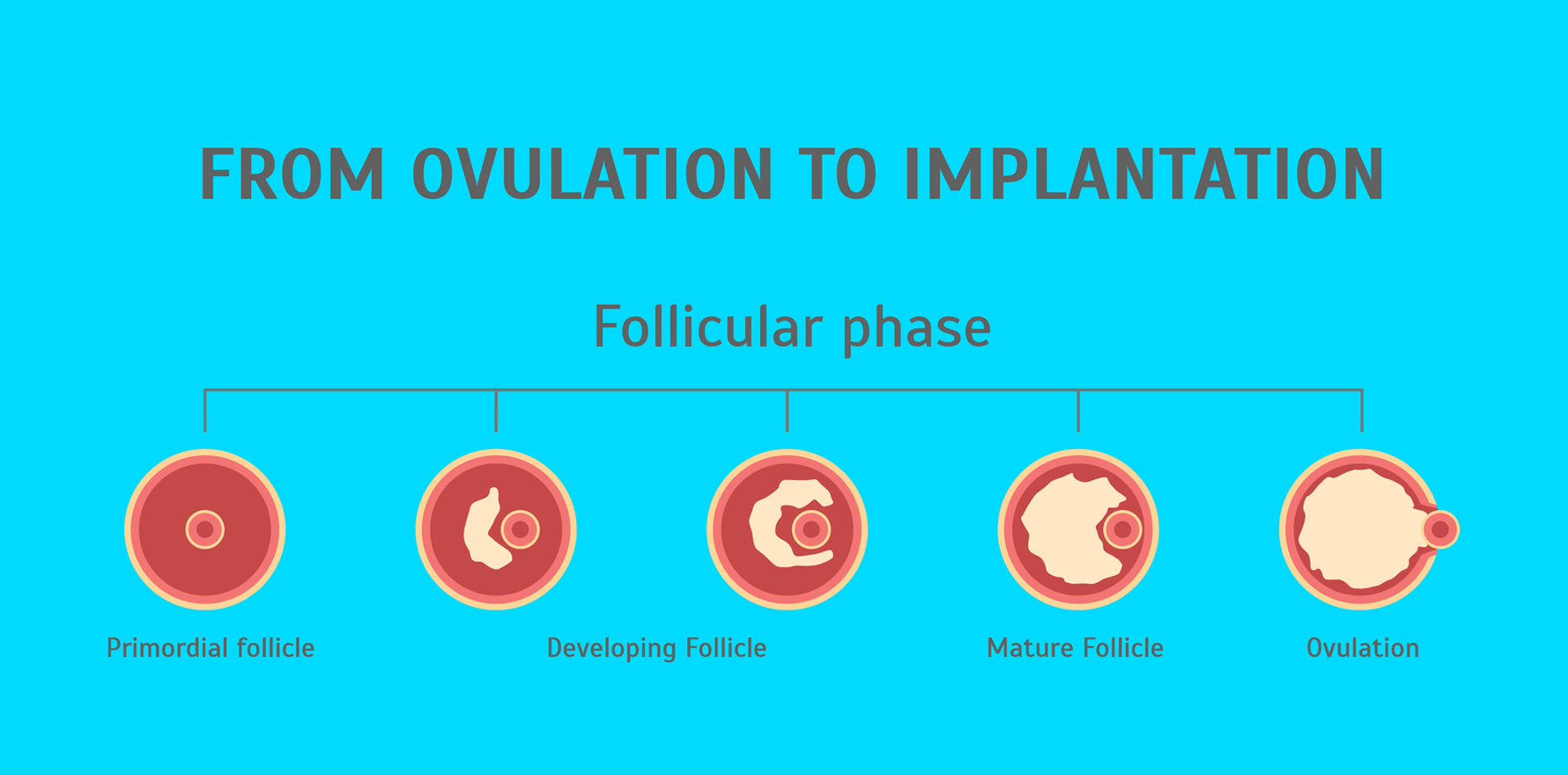AMH is usually correlated with the total ovarian reserve – but not always, says Associate Professor Anusch Yazdani
Anti-Mullerian Hormone (AMH) levels are usually correlated with the total ovarian reserve – but not always, says Associate Professor Anusch Yazdani.
AMH is a hormone secreted by the fraction of a woman’s eggs that reach maturation, and is therefore not always reflective of the total pool of follicles.
“Now, in most women, grant it, I will accept that there is a correlation between the maturing pool and the total pool but that’s not always the same and there are some notable exceptions,” says Professor Yazdani, a subspecialist in reproductive endocrinology and infertility at the Queensland Fertility Group.
“Sometimes a low AMH and certainly most of the time it reflects a reduced ovarian reserve and the reasons for that may be idiopathic, genetic or there may be some ovarian pathology,” he says.
Low AMH can also indicate endometriosis or hypogonadotropic hypogonadism.
“But, importantly, there are a number of factors that reduce the antral follicle count or the AMH over a prolonged period of time. And one of those is stress.
“And this is the big problem for us. Particularly because this group of patients are often your young, thin, highly anxious women who are the ones having their AMHs done who are in fact the ones who are more likely to get a false positive test.”
Another major cause of low AMH is assay errors.
“This is an awful test to perform,” says Professor Yazdani.
“There are lots and lots of issues with it. Find a good lab to do the assay. At least you will see changing over the lifetime of a woman. You don’t on top of that have to worry about what it means in terms of inter-lab variability.”
Watch the full video here:



